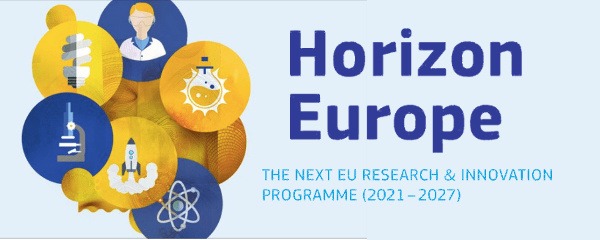Trending Topics
3D printed visors and masks
- Details
- Written by Super User
- Category: Trending Topics
- Hits: 2681

These last few days, in midst of the Covid19 pandemic, we have seen the extraordinary power of technology. Coming face to face with the shortage of medical supplies, several research centers and prototyping studios in North Macedonia using the 3D printing technology, have been helping the medical staff in this fight. The Center for Knowledge Management is actively participating in these efforts through its prototyping lab - a well equipped prototyping studio which was created within the project Innoplatform in 2018, supported by the Interreg BalkanMed programme of the EU.
3D PRINTED MASKS - Will it solve our needs?
- Details
- Written by Super User
- Category: Trending Topics
- Hits: 2821

Prepared by: Ivana Ivanova
During these last few days, the whole world has been facing a threat on human kind. Facing this health crisis requires everyone’s utmost awareness of its seriousness. The new corona virus has brought shortage of supplies, especially medical supplies, thus a wide range of initiatives have emerged around the world. The 3D printing community is in the center of these, having the ability to construct an object within a few hours. The resources that can be designed through 3D printing can help face this crisis more easily. By having a 3D printer and using the STL file, one can produce more of the needed goods.
SECOND CALL FROM THE GOVERNMENT'S ECONOMIC GROWTH PLAN (PER)
- Details
- Written by Super User
- Category: Trending Topics
- Hits: 2664

The Fund for Innovation and Technological Development of North Macedonia has announced the second call from the Government's Economic Growth Plan (PER), intended for co-funded technology development grants. The call is aimed at micro, small and medium-sized enterprises and private health institutions (PHIs) who want to advance the level of technological development.
European Framework 2021-2027
- Details
- Written by Super User
- Category: Trending Topics
- Hits: 2867

The European Comission is preparing next Framework Programme for the period 2021-2027. The Framework will have a great impact on all the various funding programmes under the EU policies.
Some information about the Framework regarding some of the programmes have already been announced and based on them assumptions are being made as to what is in store for the EU Funding Programmes after 2020.
E-trade in Macedonia still at its beginnings (2019)!
- Details
- Written by Super User
- Category: Trending Topics
- Hits: 2108

According to the lates data of the State Statistical Office of the Republic of North Macedonia (November 2019), in 2019, 96.4% of the enterprises used computer in their work.
85.8% of the enterprises with 10 or more employees had fixed broadband connection to the Internet.
From the total number of the enterprises 55.6% had a website or a homepage.
Regarding e-commerce, 3.6% of the e-sales enterprises received orders via computer network, and 3.4% of the enterprises received orders for products or services via web sales.
Source: State Statistical Office (2019)
External trade, January - June 2018 increased for 13% compared to the same period the previous year!
- Details
- Written by Super User
- Category: Trending Topics
- Hits: 2405
 According to the preliminary data of the State Statistical Office, the total value of exported goods from the Republic of Macedonia in the period January-June 2018 amounted to 169 098 440 thousand denars, a 13.4 % increase compared to the same period last year. The value of imported goods in the same period was 225 660 248 thousand denars, or 10.8 % more than the same period last year.
According to the preliminary data of the State Statistical Office, the total value of exported goods from the Republic of Macedonia in the period January-June 2018 amounted to 169 098 440 thousand denars, a 13.4 % increase compared to the same period last year. The value of imported goods in the same period was 225 660 248 thousand denars, or 10.8 % more than the same period last year.
The trade deficit in the period January-June 2018 was 56 561 808 thousand denars. Import coverage by export in the period January-June 2018 was 74.9 %.
Average monthly gross wage paid per employee, May 2018 was 35 983 denars!
- Details
- Written by Super User
- Category: Trending Topics
- Hits: 1046

According to the data of the State Statistical Office, the index of the average monthly gross wage paid per employee in May 2018, compared to May 2017, was 107.0.
This increase is caused by the increase of the average monthly gross wage paid per employee in the sectors: Accommodation and food service activities (21.3%), Financial and insurance activities (17.4%) and Information and communication (15.7%). An increase in the average monthly gross wage paid per employee compared to the previous month was recorded in the sectors: Financial and insurance activities (19.0%), Accommodation and food service activities (12.1%) and Construction (3.4%).
The average monthly gross wage paid per employee in May 2018 was 35 983 denars.
 English (UK)
English (UK)  Македонски
Македонски 
